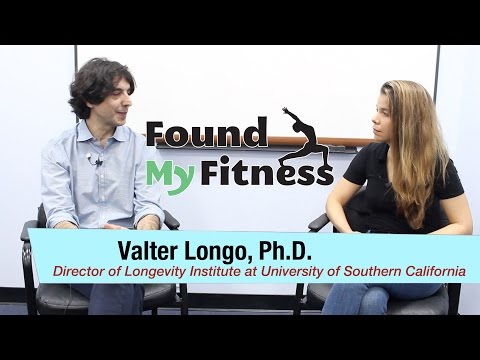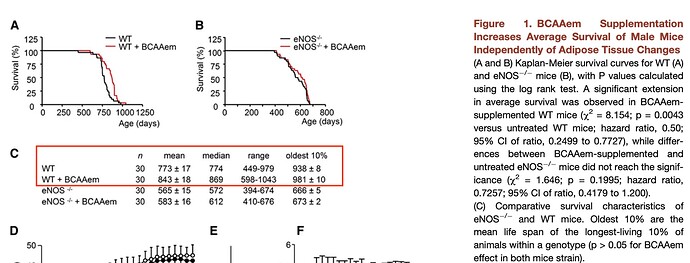Yep. This.
Hormone replacement is highly tricky since the endocrine system is tightly controlled and hormones can have different signals in different places.
Part of the reason why I don’t currently use hormonal supplements like melatonin directly (melatonin is not just for sleep, it controls other things ie puberty, dopamine) in absence of a clear deficiency. It’s safer to control the signals to influence melatonin production and inhibition aka blue light and avoidance of blue light at the right times.
As we know, Testosterone is a signal to the body to build muscle, grow, and reproduce (libido). For HGH, GH directly hits IGF-1 as a major regulator of the aging process.
When I think of both - I think of bodybuilders using anabolic steroids (hGH injections & testosterone) and acne. High levels of IGF-1 and testosterone are associated with acne - which I associate with a disease of “Westernization”. Okinawans pre-world war II had zero incidence of acne, verified by US physicians, yet these centenarians have closer to younger levels of testosterone and clearly decent libido as per their reported sex lives. They also had higher IGF-1 bioavailability and improved insulin action. Seems there is not much reason to do “replacement therapy” in those cases.
Resistance training is the easiest way to tell your body to go to more optimal levels of testosterone and feel great. Eating >3 hrs before bedtime and sleeping well is the easiest way to more optimal levels of growth hormone as deep sleep and REM sleep are the most important. Avoiding opioids and endocrine-disrupting chemicals are some of the big ones.
Taking enough Vitamin D3 (note Vitamin D is a hormone - I only supplement 1000 IU due to lack of UV exposure and diet to avoid a deficiency), enough zinc (diet), and enough magnesium (I use supplement to increase amounts crossing the blood-brain barrier at night before sleep and avoid any possibility of a deficiency - not much evidence though - it just appears to work for me).
Anything that involves a high turnover of cells can make the risks of cancer worse. In mice, we have a clear picture of GH which can be pro-aging (see Ames dwarf mice). In dogs, smaller breeds live longer than larger ones.
One of the risks of being a tall guy is cancer. Same with bigger dogs and larger mice. In humans, I suspect the longevity relationship is muddied IMO because of socioeconomic factors and mate selection.
https://www.nature.com/articles/35106646


